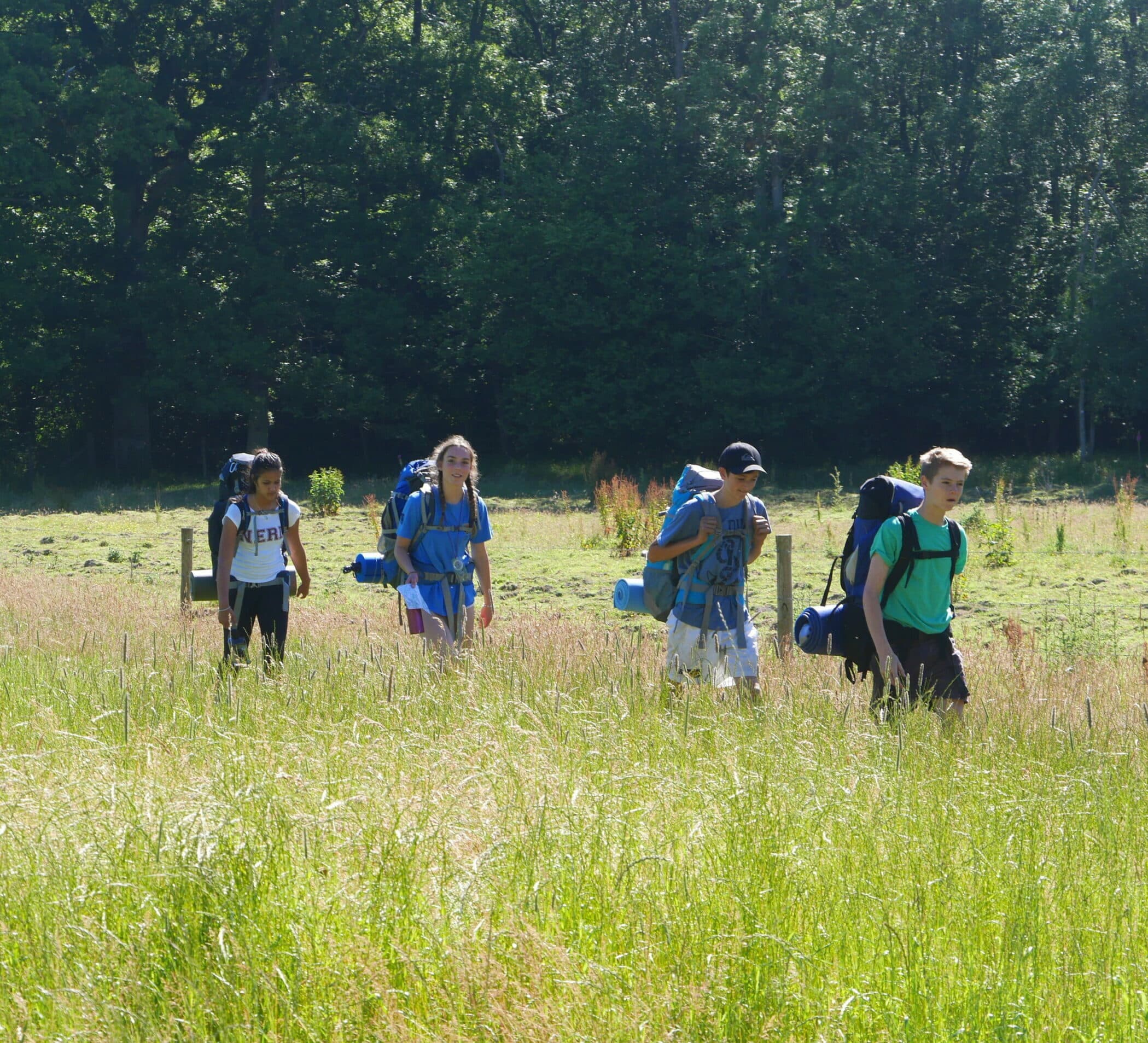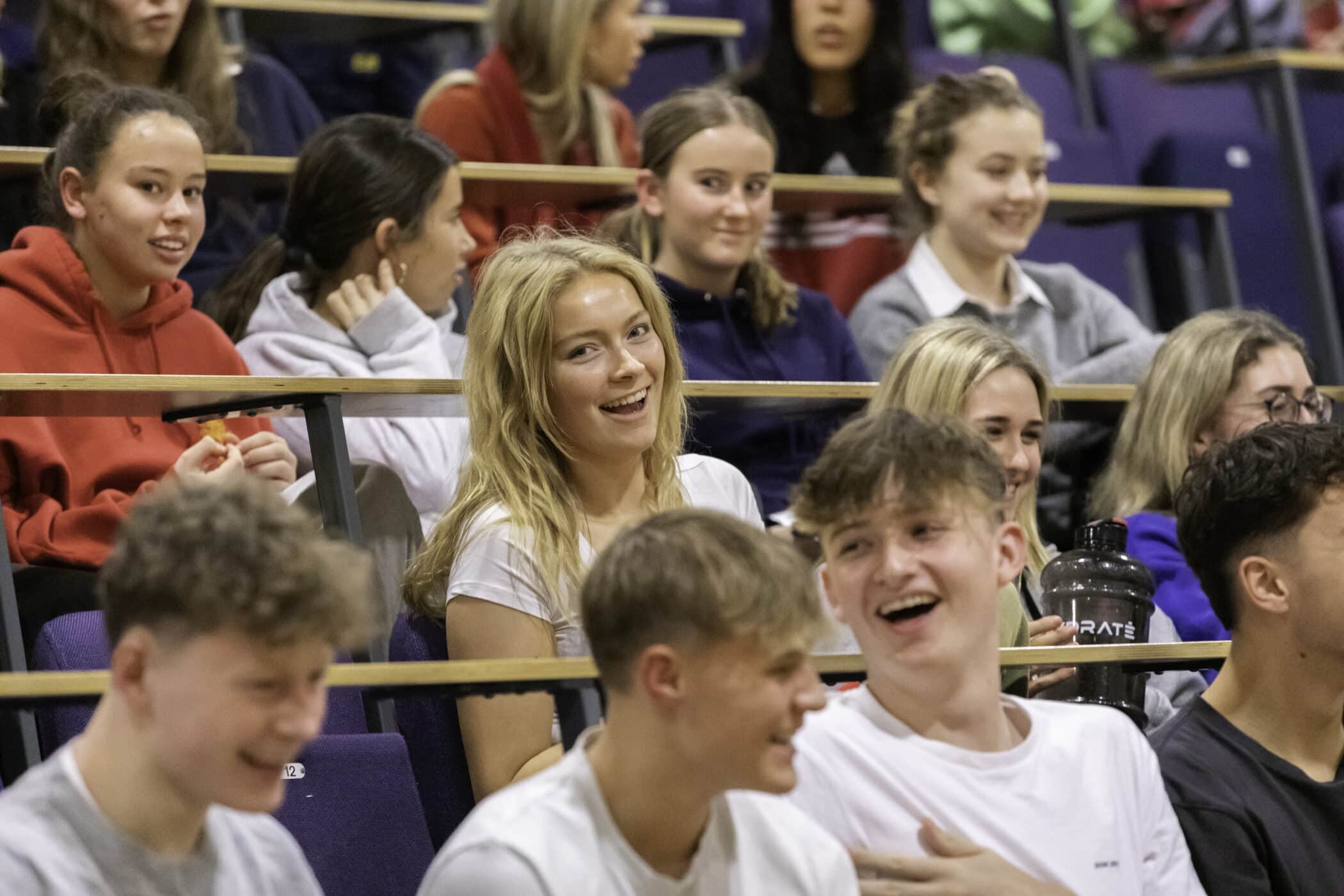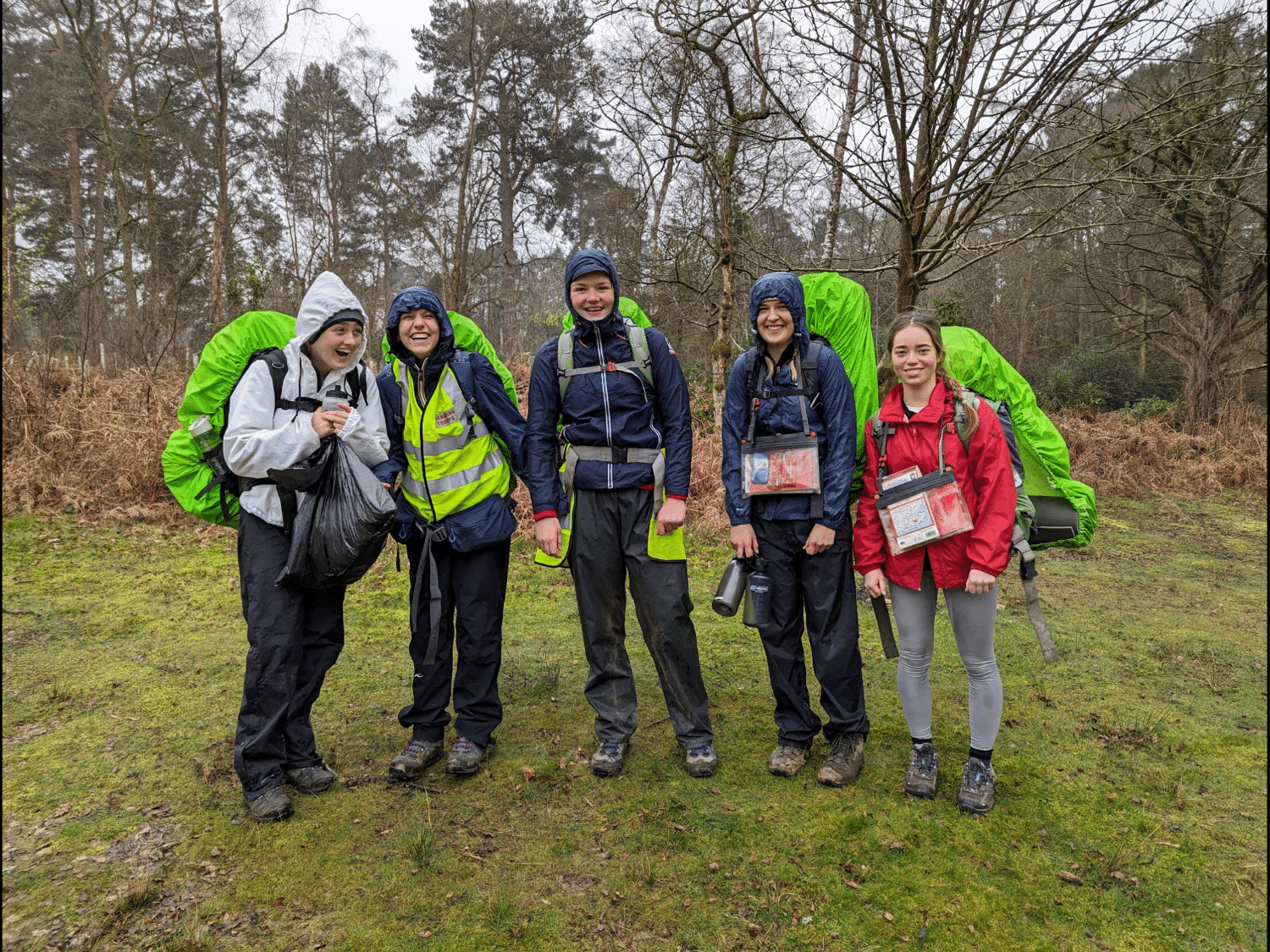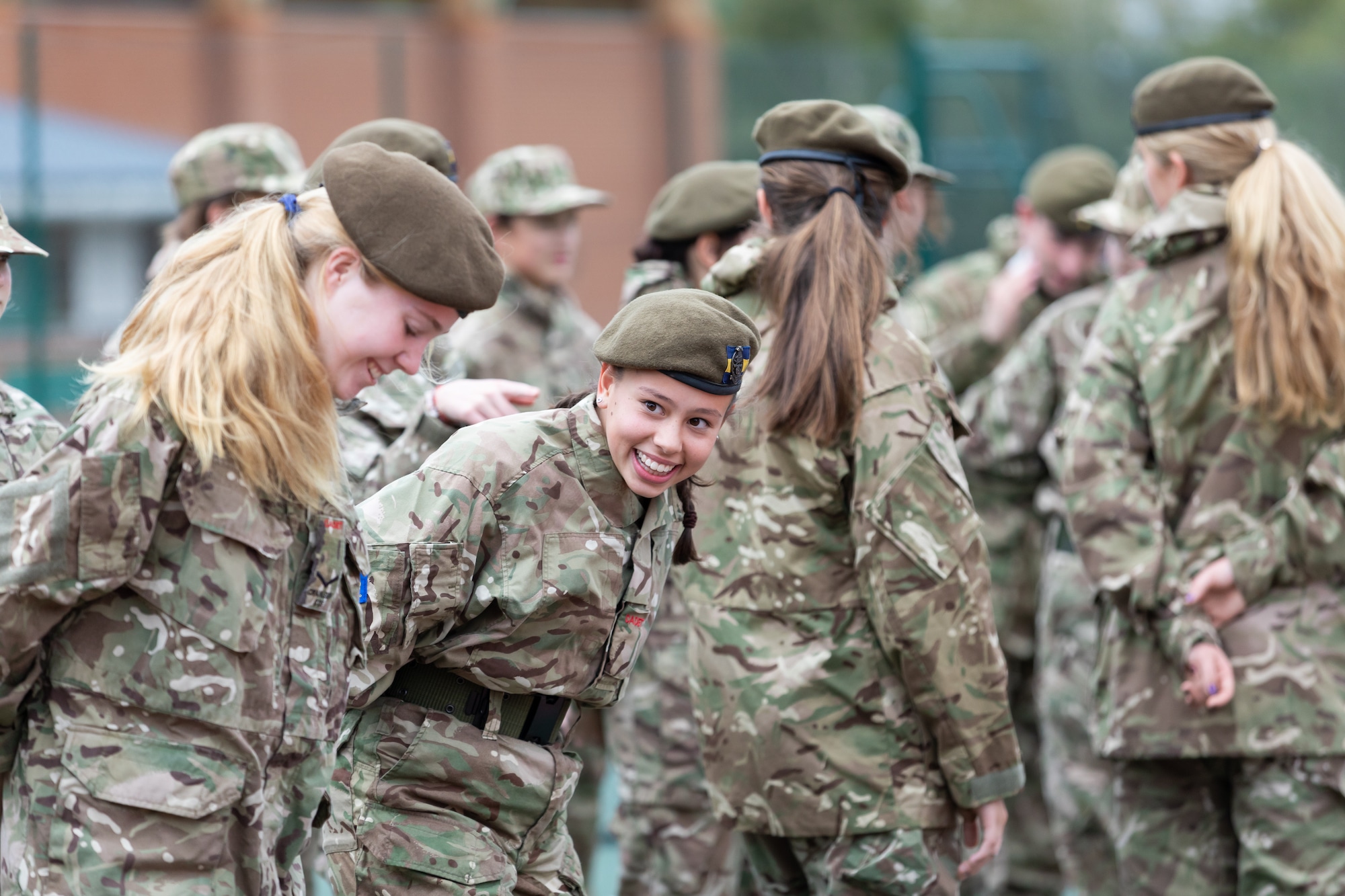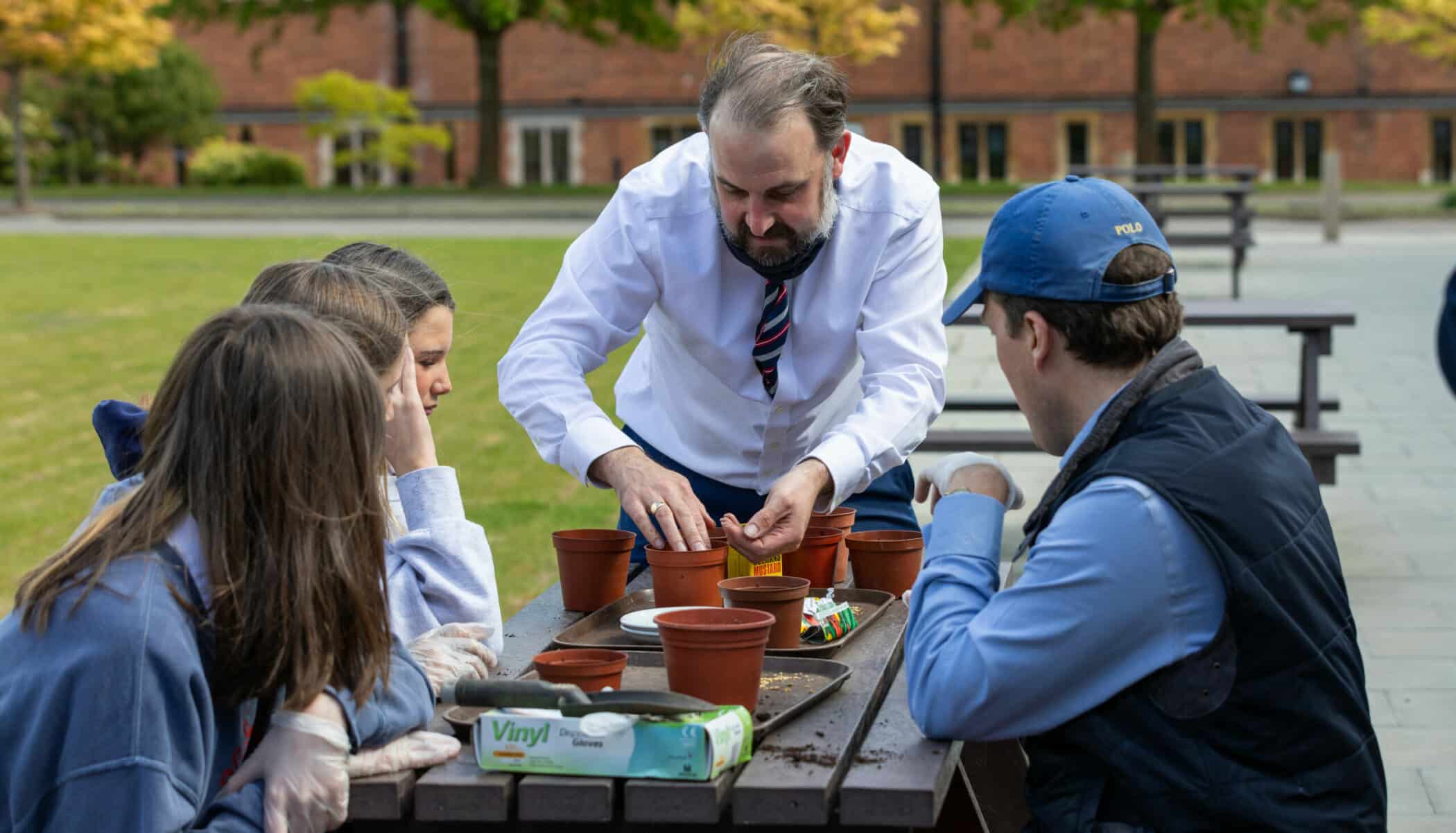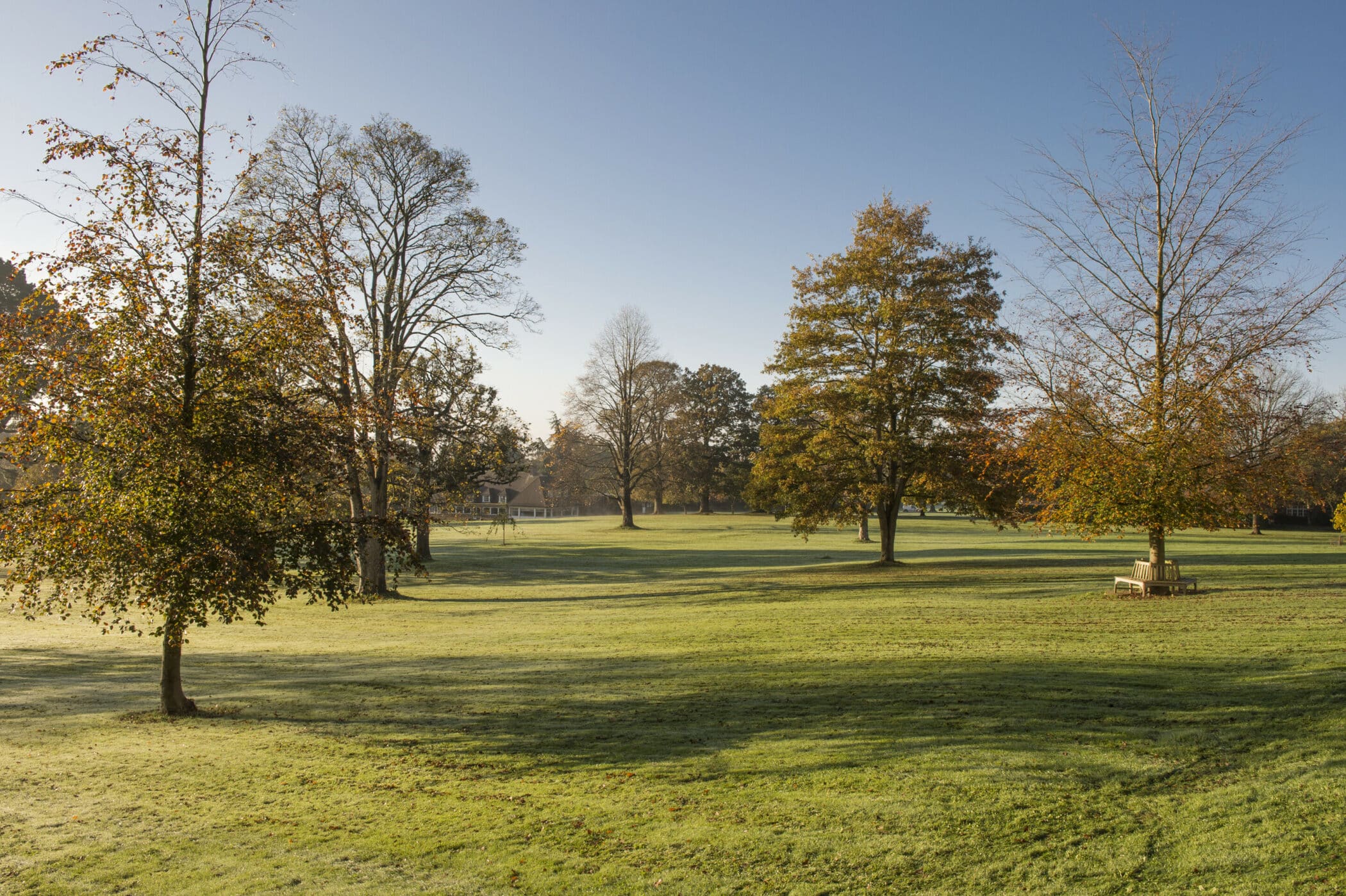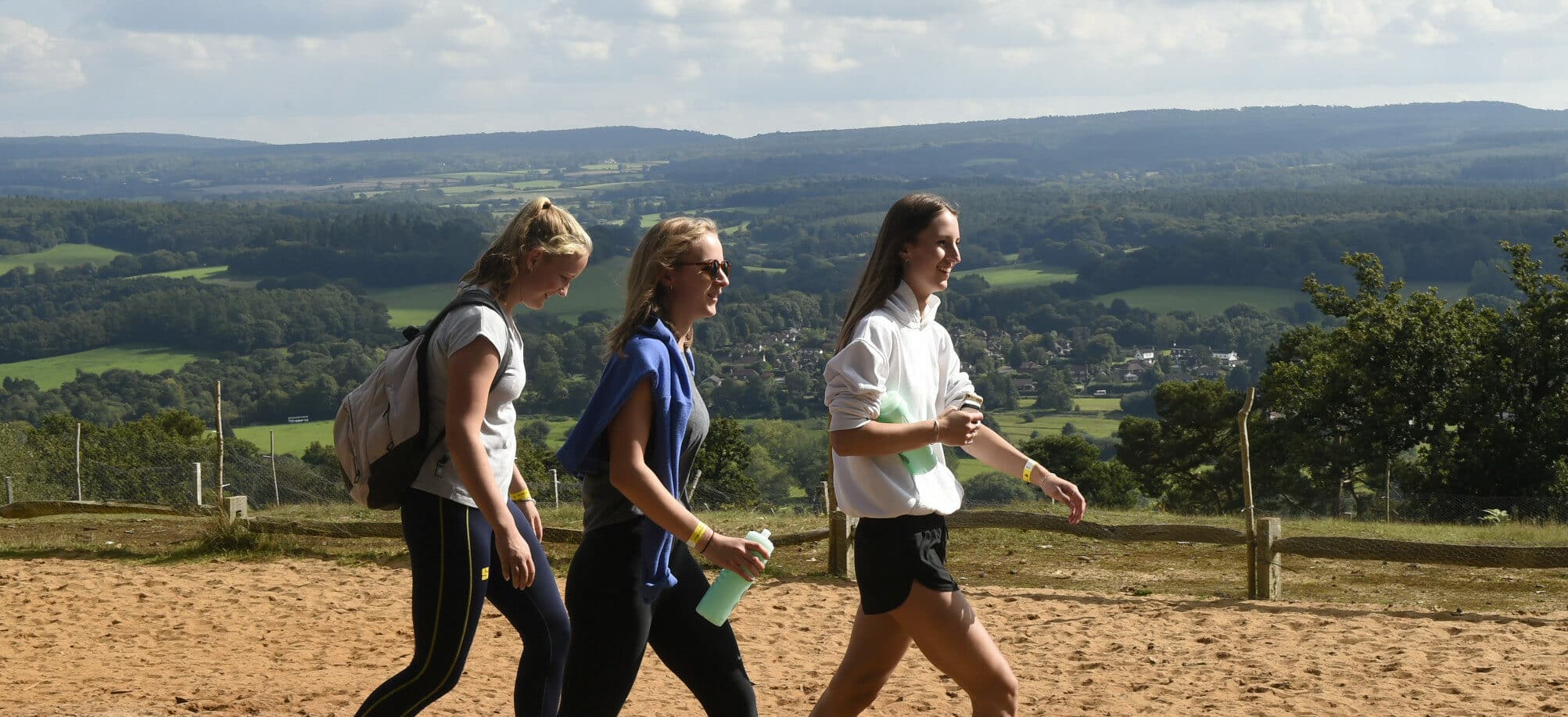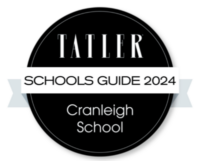A voluntary award scheme designed to get young people off the couch and into the community, doing things to stretch themselves and benefit society.
Prospective employers and university admissions officers see the D of E as a sign of a well-rounded and self-motivated individual. The ethos of the award is very much about the personal development of the individual, therefore most of the responsibility of progressing to completion lies with the young people themselves.
There are three progressive stages to the award – Bronze (Lower Fifth), Silver (Upper Fifth) and Gold (Lower Sixth) – but all consist of the same four essential components: Volunteering, Physical, Skill and Expedition. The Gold Training takes place on Monday afternoons, with Wednesdays being used for additional training and other volunteering activities.
Full details of the Award Scheme can be found at:
